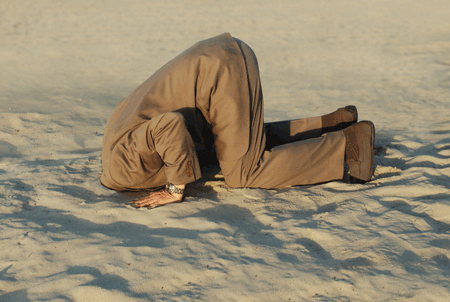1. History: Classical liberalism
a. The American intellectual class from the mid 19th century onward has disliked
liberalism (which originally referred to individualism, private property, and limits on power) precisely because the liberal society has no overarching goal.
War Is the Health of the State
b. Thus,
those views identify the 'conservative' of today!
2. The
'revisionism' is actually the change of
the name 'progressive' by John Dewey, to obfuscate due to the extreme dislike of the public for progressives.
a. Woodrow Wilson and the Progressives tried to make war socialism permanent, but the voters didnt agree. They
(Progressives) began to agree more and more with Bismarckian top-down socialism, and looked to Russia and Italy where men of action were creating utopias. Also, John
Dewey renamed Progressivism as liberalism, which had referred to political and economic liberty, along the lines of John Locke and Adam Smith: maximum individual freedom under a minimalist state. Dewey changed the meaning to the Prussian meaning: alleviation of material and educational poverty, and the removal of old ideas and faiths.
Classical liberals were more like what we call Conservatives.
b. Finally, Dewey arguably did more than any other reformer to
repackage progressive social theory in a way that obscured just how radically its principles departed from those of the American founding. Like Ely and many of his fellow progressive academics,
Dewey initially embraced the term "socialism" to describe his social theory. Only after
realizing how damaging the name was to the socialist cause did he, like other progressives, begin to avoid it. In the early 1930s, accordingly, Dewey begged the Socialist party, of which he was a
longtime member, to change its name. "The greatest handicap from which special measures favored by the Socialists suffer," Dewey declared, "is that they are advanced by the Socialist party as Socialism.
John Dewey and the Philosophical Refounding of America by Tiffany Jones Miller - National Review Online
c. DEWEY'S influential 1935 tract, "Liberalism and Social Action," should be read in light of this conclusion. In this essay, Dewey purportedly recounts the "history of liberalism." "Liberalism," he suggests, is a social theory defined by a commitment to certain "enduring," fundamental principles, such as liberty and individualism. After defining these principles in the progressives' terms--
Ibid.
3. Here's why he changed the name:
The United States presidential
election of 1920 was dominated by the aftermath of World War I and
the hostile reaction to Woodrow Wilson, the Democratic president. Harding's victory remains
the largest popular-vote percentage margin (60.3% to 34.1%) in Presidential elections after the so-called "Era of Good Feelings" ended with the victory of James Monroe in the election of 1820.
United States presidential election, 1920 - Wikipedia, the free encyclopedia
So, let's
review....
Because the progressives were so hated, Dewey and the the socialist bunch ducked for cover by trying to self-identify as classical liberals, otherwise known as conservatives.
Should I point out that
Mussolini's fascists, Hitler's National Socialists, and FDR's New Dealers were like three peas in a pod until the Holocaust was revealed....then, under cover of the media, they did a 'Dewey' and branded the Right as the fascists....
Is that sweat breaking out on your forehead, wingy???

